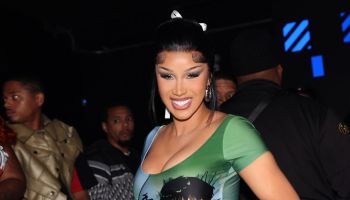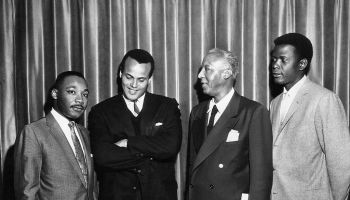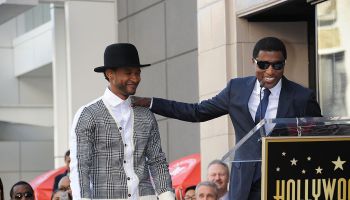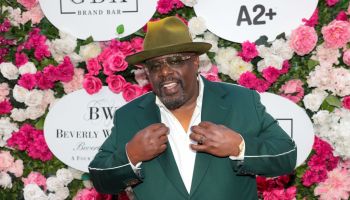Over on CNN, LZ Ganderson recently penned an Op-Ed titled “Gay is Not The New Black.” He’s right, as far as our country’s history goes, there will never be a new black. The story of Black America is unique, as is the story of Gay America, Hispanic America, the women of America and any other group of people striving to obtain equality. Still…I can’t help but remember that four years ago, a little known man named Barack Obama dared us to acknowledge that we are “The United States of America” and as such, we rise and fall as one nation, as one people.
Since this country’s founding, we’ve participated in an unnecessary debate around what “equality” should entail. In reality, the metrics have been decided for us, they were articulated long ago in a sacred document that contains an unrealized proclamation: “We hold these truths to be self-evident, that all men are created equal and that they are endowed by their creator with certain unalienable rights, among these life, liberty, and the pursuit of happiness.”
The answer is self-evident- without question or debate. The gray area is not worthy of consideration, there is either equal or there is unequal.
So no, Gay is not the black, but we are in a time. While we face different challenges as individuals and communities, we also reside in a moment where our President is pleading with us to come together to recognize that while our differences are pervasive they are not perverted… prejudice has no place in the United States of America. President Obama revisited this notion while addressing the NAACP last Thursday.
“The first thing we need to do is make real the words of your charter and eradicate prejudice, bigotry, and discrimination among citizens of the United States. I understand there may be a temptation among some to think that discrimination is no longer a problem in 2009. And I believe that overall, there probably has never been less discrimination in America than there is today. But make no mistake: the pain of discrimination is still felt in America. By African-American women paid less for doing the same work as colleagues of a different color and a different gender. By Latinos made to feel unwelcome in their own country. By Muslim Americans viewed with suspicion simply because they kneel down to pray to their God. By our gay brothers and sisters, still taunted, still attacked, still denied their rights. On the 45th anniversary of the Civil Rights Act, discrimination must not stand. Not on account of color or gender; how you worship or who you love. Prejudice has no place in the United States of America.’
Eradicating prejudice is not the job of any one group, it is in the interest of us all and thus requires the participation of us all. Based on this premise, I believe that all of us have a role in the struggle for Gay rights. I know this statement will be greeted with mixed reaction. I know that there are some who balk at the notion that gay marriage is a civil right, those who might suggest that it’s a special right, a right of choice that remains unworthy of acknowledgment. Yet, history warns us against such a claim. Interracial marriage was legalized in the United States in 1967. Then too, our country denied a truth that we hold to be self-evident, and stalled to give those who loved ‘differently’ equal protection, and recognition, under the law.
This isn’t about semantics, it’s about whether we intend to insist that as Dr. King said, ‘injustice anywhere is a threat to justice everywhere.’ This is about whether we can commit to working towards a day where justice is colorblind, gender neutral, and yes, a day where justice is no longer confined
















